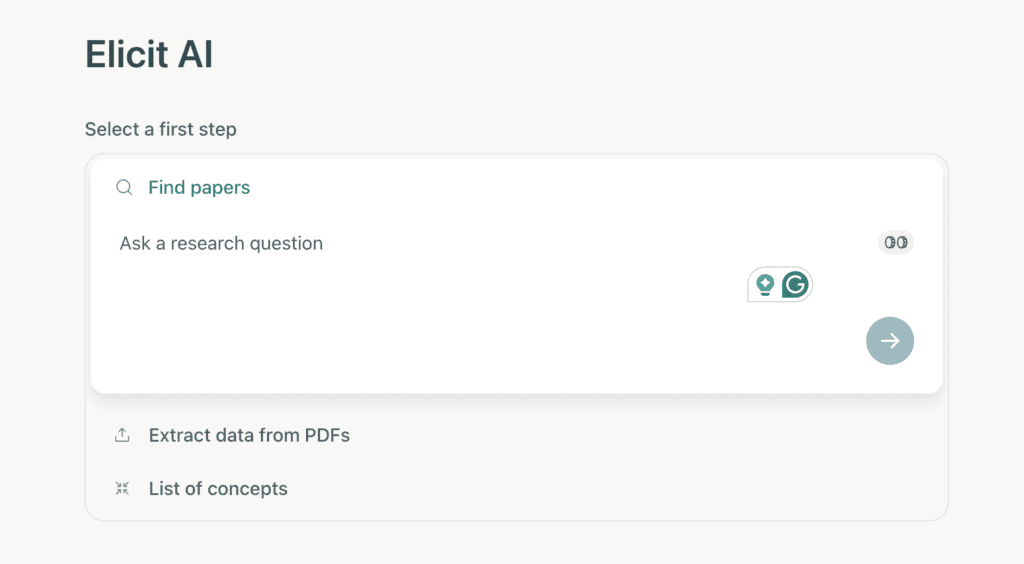In the academic and research landscape, synthesizing vast amounts of information into a coherent and comprehensive literature review is invaluable. The integration of Artificial Intelligence (AI) tools in this process represents a significant advancement. It enables researchers to streamline their efforts and enhance the quality of their reviews. This article outlines a workflow for utilizing AI to conduct a literature review. We hope you enjoy these key strategies to navigate through the complexities of academic research.
Structuring Your Review with AI
The initial step in deploying AI for a literature review involves establishing a structured framework. This structure acts as a scaffold, guiding the organization and thematic breakdown of the review. AI platforms, such as ChatGPT, can provide a preliminary structure tailored to your specific topic. By inputting your subject area, the AI can suggest a comprehensive outline. It will include sections such as introduction, background, and key thematic areas pertinent to the research.
I’ve used this multiple times when tasked with reviewing the literature on any healthcare-related topic. AI can propose an initial structure encompassing an introduction, background, advances in treatments and technology, and performance efficiency. This blueprint serves as a foundational step in organizing the review, allowing for further refinement and expansion as the research progresses.
Identifying Relevant Literature

The search for relevant literature is both critical and challenging. AI tools offer a revolutionary approach to this task, simplifying the identification of pertinent research papers. One such tool, Elicit, utilizes AI to scan databases for literature that aligns with the predefined structure of the review. By inputting specific queries related to each section of the review, researchers can uncover a selection of the most relevant and recent papers. This process not only accelerates the literature search but also ensures that the review encompasses the latest advancements in the field.
Organizing and Managing References
The management of identified literature is pivotal. AI-enhanced reference managers, such as Mendeley, streamline the organization of references and documents. These tools facilitate the categorization of literature according to thematic sections of the review, automate citation formatting, and allow for the integration of notes and annotations. Moreover, some reference managers offer functionalities to monitor folders for new PDFs, automatically incorporating them into the researcher’s library, thus maintaining an organized and accessible digital repository of literature.
Analyzing Documents with AI
A distinctive advantage of using AI in literature reviews lies in the analysis of collected documents. AI tools like Doc Analyzer provide a platform for in-depth analysis of the literature by allowing researchers to pose specific questions about their collection of documents. This AI-driven interrogation requires precise queries, ensuring that the responses are directly relevant to the review’s scope. The tool’s demand for specificity encourages a focused analysis, leading to a more accurate and insightful synthesis of the literature.
Synthesizing Findings
The culmination of the literature review process involves the synthesis of findings derived from the AI-assisted analysis. This phase integrates the structured organization of literature. Things like the strategic identification of relevant papers to the insightful analysis of content to craft a comprehensive review. The synthesized narrative should not only summarize the existing research but also highlight gaps, trends, and emerging themes, thereby contributing to the scholarly discourse on the subject.
Conclusion
The integration of AI tools in the preparation of literature reviews offers a paradigm shift in academic research methodologies. By leveraging AI for tasks ranging from structuring and literature search to organization and analysis, researchers can enhance the efficiency and depth of their reviews. This approach not only optimizes the research process but also contributes to a more rigorous and expansive exploration of the scholarly landscape. As the capabilities of AI continue to evolve, its role in facilitating academic research is set to become increasingly pivotal, heralding a new era of scholarly exploration and innovation.
Check out our other articles!
5 AI Tools to Supercharge Your Research Productivity and Insight
Consensus Vs Scite AI: Which AI Research Tool Fits Your Needs?
Scispace vs Scite: Navigating AI Academic Research Tools
Consensus vs SciSpace: Finding the Right AI Tool For You
SciSpace the Future of Research: A Comprehensive Guide
Elicit AI vs Consensus AI: Research with AI Research Tools
Elicit AI and Scite Assistant: How AI Research Assistants Work
Chat Gpt and Scite AI for Paper Introductions: an Ethical Guide
Literature Reviews with Consensus AI GPT: A Researcher’s Review










